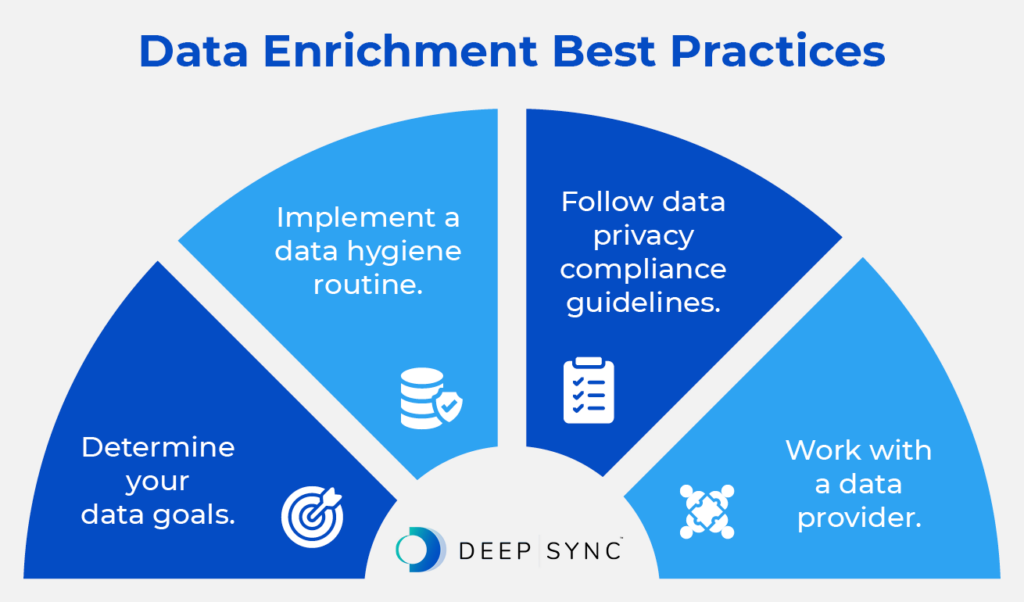Key Features to Search For When Selecting a Database copyright
Choosing a database service provider is a vital choice that can substantially affect your company's operations and data monitoring approach. Among the important attributes to take into consideration are scalability choices, which ensure that your system can adjust to growing needs.
Scalability Options
When picking a data source copyright, understanding scalability choices is vital to making certain that the chosen remedy can accommodate future growth. Scalability describes the ability of a database system to expand its ability and efficiency in reaction to enhanced demand. There are two primary types of scalability: vertical and horizontal.
Upright scalability, or "scaling up," includes improving a solitary server's sources, such as CPU, RAM, or storage space. This technique can be affordable and straightforward for smaller sized applications yet may get to a limit where better upgrades are unwise or too pricey.
Straight scalability, or "scaling out," involves adding more web servers to distribute the lots. This approach permits for greater versatility and can accommodate considerable boosts in information volume and user website traffic (database provider). It is specifically helpful for cloud-based database options that can dynamically assign sources based upon need

Protection Actions

When reviewing safety and security procedures, think about the implementation of security protocols (database provider). Data-at-rest and data-in-transit encryption are necessary to make certain that sensitive info continues to be safeguarded, even in the occasion of a safety breach. In addition, seek providers that provide strong verification devices, such as multi-factor authentication (MFA), to further enhance accessibility control
Routine safety audits and conformity with market criteria, such as GDPR or HIPAA, are indicative of a copyright's commitment to information protection. Furthermore, ask concerning their event response plan; a durable plan can minimize the impact of any potential security incident.
Efficiency Metrics
Assessing efficiency metrics is necessary for companies to guarantee that their selected database supplier meets operational needs. Secret performance metrics include action scalability, throughput, and time, which jointly establish the efficiency of data source operations under varying lots.
Reaction time is important, as it reflects just how rapidly the database can process questions and return outcomes. Organizations needs to search for metrics that show average response times during height and off-peak hours. Throughput, frequently measured in deals per 2nd (TPS), gives understanding into the data source's ability to deal with high volumes of requests without performance degradation.
Scalability evaluates the database's ability to grow with the organization's demands. A durable database service provider should demonstrate horizontal and vertical scaling capabilities, enabling smooth changes as demands rise and fall. Additionally, recognizing latency, particularly in distributed systems, can help companies assess the responsiveness of the data source throughout different geographical locations.
Client Assistance
Trusted consumer support is a foundation of reliable data source monitoring, supplying organizations with the assistance required to settle concerns and optimize performance. When choosing a data source supplier, assessing the level of customer support they offer is vital. A robust support system need to consist of several channels of interaction, such as phone, email, and live chat, making certain that get more individuals can access assistance whenever they need it.
Additionally, responsive support teams that are offered 24/7 significantly boost the reliability of the database service. Prompt reaction times and effective resolution of issues can dramatically reduce downtime and increase general performance. It is likewise advantageous to think about the availability of committed assistance employees, who can official website supply customized help based upon an organization's details demands.

Rates Structure
When taking into consideration a database service provider, the pricing structure is a pivotal factor that can significantly influence an organization's budget and general technique. A adaptable and clear prices model is necessary for straightening the database sets you back with company requirements - database provider. Organizations should evaluate whether the pricing is based on usage, per user, or a level rate, as each version can produce various economic implications with time
It is necessary to assess any type of additional prices associated with the provider's solutions, such as information storage fees, deal prices, and assistance fees. Some carriers may supply tiered rates, permitting scalability as the company expands, while others may enforce strict limits that could come to be costly as information requirements boost.
In addition, organizations must take into consideration the lasting value of the database remedy. While reduced initial costs can be attractive, they may not make up future upgrades, maintenance costs, or integration prices. Performing a comprehensive cost-benefit evaluation will certainly assist identify one of the most suitable prices framework that stabilizes performance, scalability, and support, inevitably guaranteeing that the chosen database service provider aligns with the company's economic and operational objectives.
Final Thought
In verdict, choosing a database copyright demands mindful consideration of various critical features. Evaluating efficiency metrics allows the identification of reliable data sources, and available customer assistance improves the overall customer experience.
Choosing a database supplier is a critical choice that can substantially influence your company's data and operations monitoring approach.When selecting a data source supplier, understanding scalability alternatives is vital to making certain that the picked remedy can accommodate from this source future growth. When picking a database company, examining the level of consumer assistance they offer is vital.When considering a database copyright, the rates structure is a critical variable that can considerably affect a company's spending plan and general approach. Carrying out a thorough cost-benefit evaluation will certainly help recognize the most appropriate prices framework that balances scalability, efficiency, and support, ultimately making sure that the selected data source supplier lines up with the organization's functional and economic purposes.